BLOG
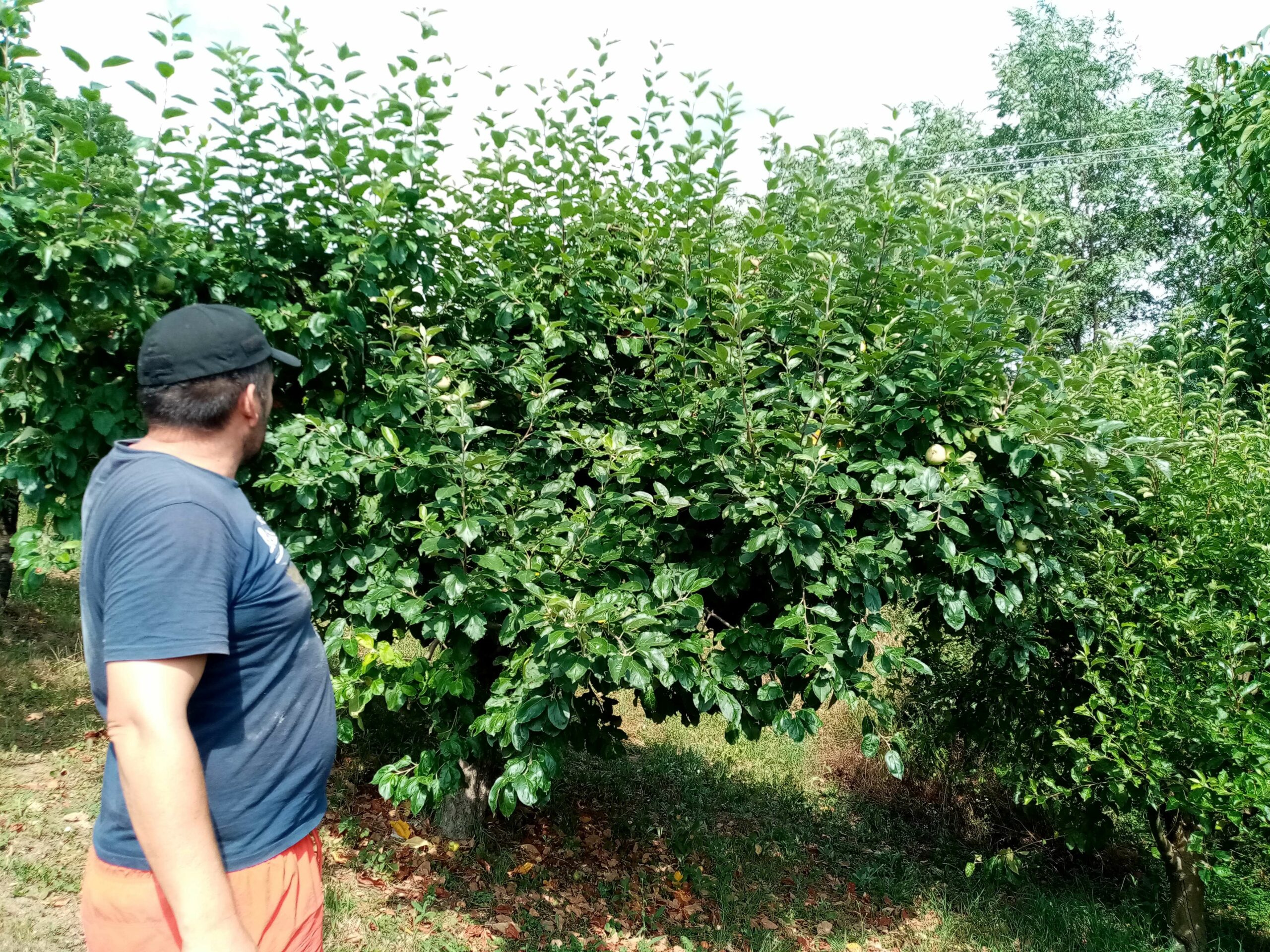
Episode ten, The Mediterranean Caravan Podcast!
The Mediterranean Caravan visits organic farmer Aleksandar Burić. Our tenth episode of the Mediterranean Caravan Podcast is now live on Anchor and Spotify. Join us to meet organic farmer Aleksandar Burić from Serbia. This podcast with organic farmer Aleksandar Burić reveals his philosophy of understanding nature in order to
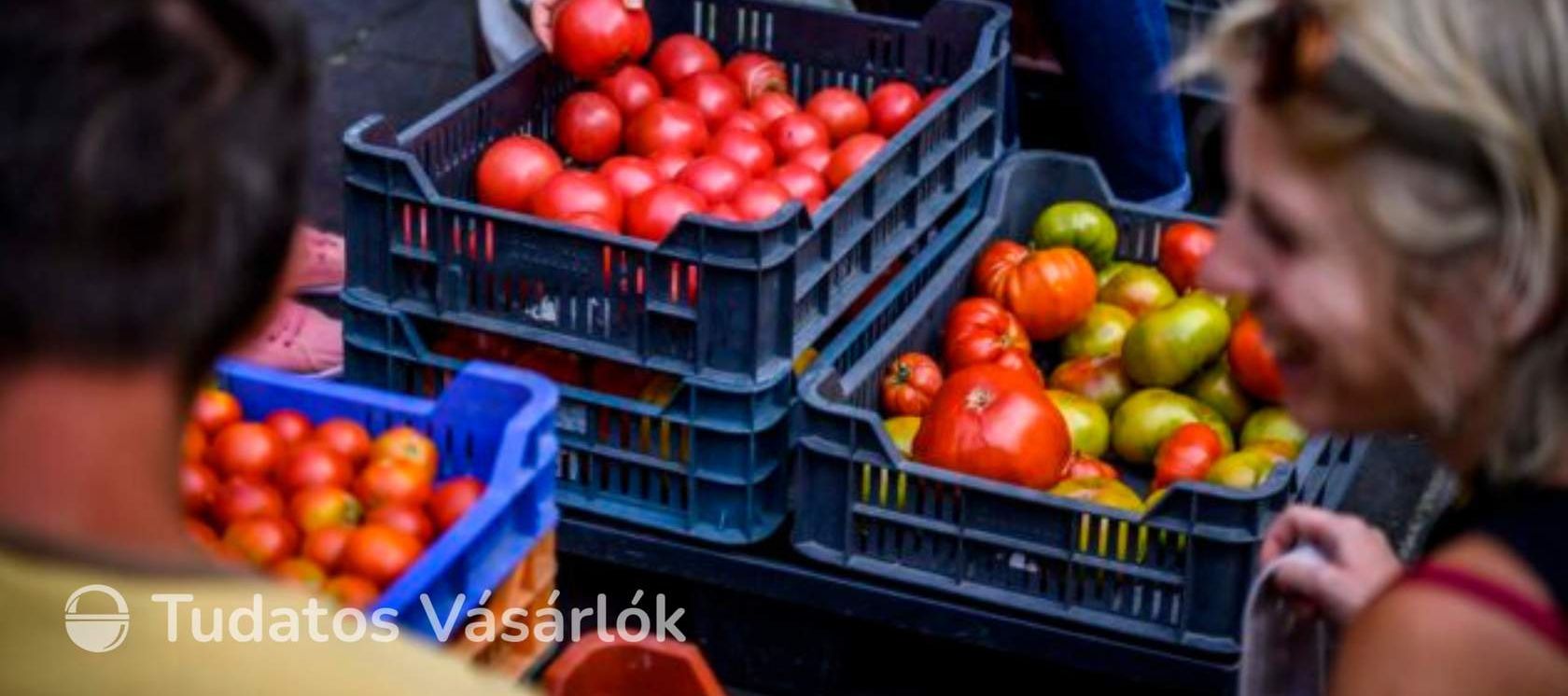
Agroecological Advocacy Courses Underway!
Our Latest E-Training Courses are Here! Our four-module training programme, focused on different agroecological interventions in advocacy and policy, is now underway! This training programme is designed for activists, farmers, consumers, members of NGOs, and those in public authorities. The modules will help develop the knowledge and training needed for
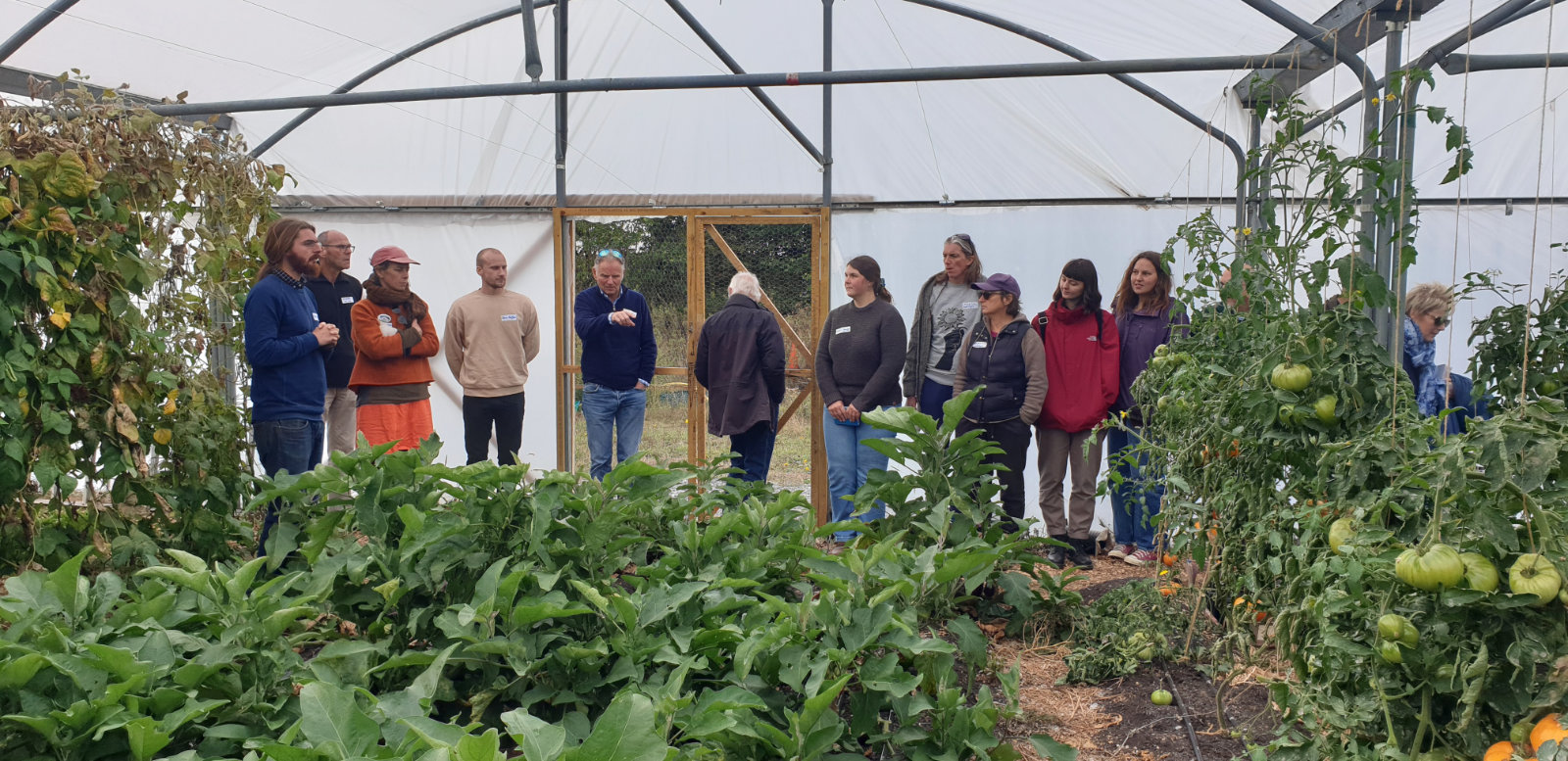
Calling out to trainers!
EN Urgenci is part of a new project to build competencies for trainers in agroecological food initiatives. Together with our partners of the EU Food Hub project, we would like to find out where are the needs of trainers and how we can build professional pathways and new job opportunities
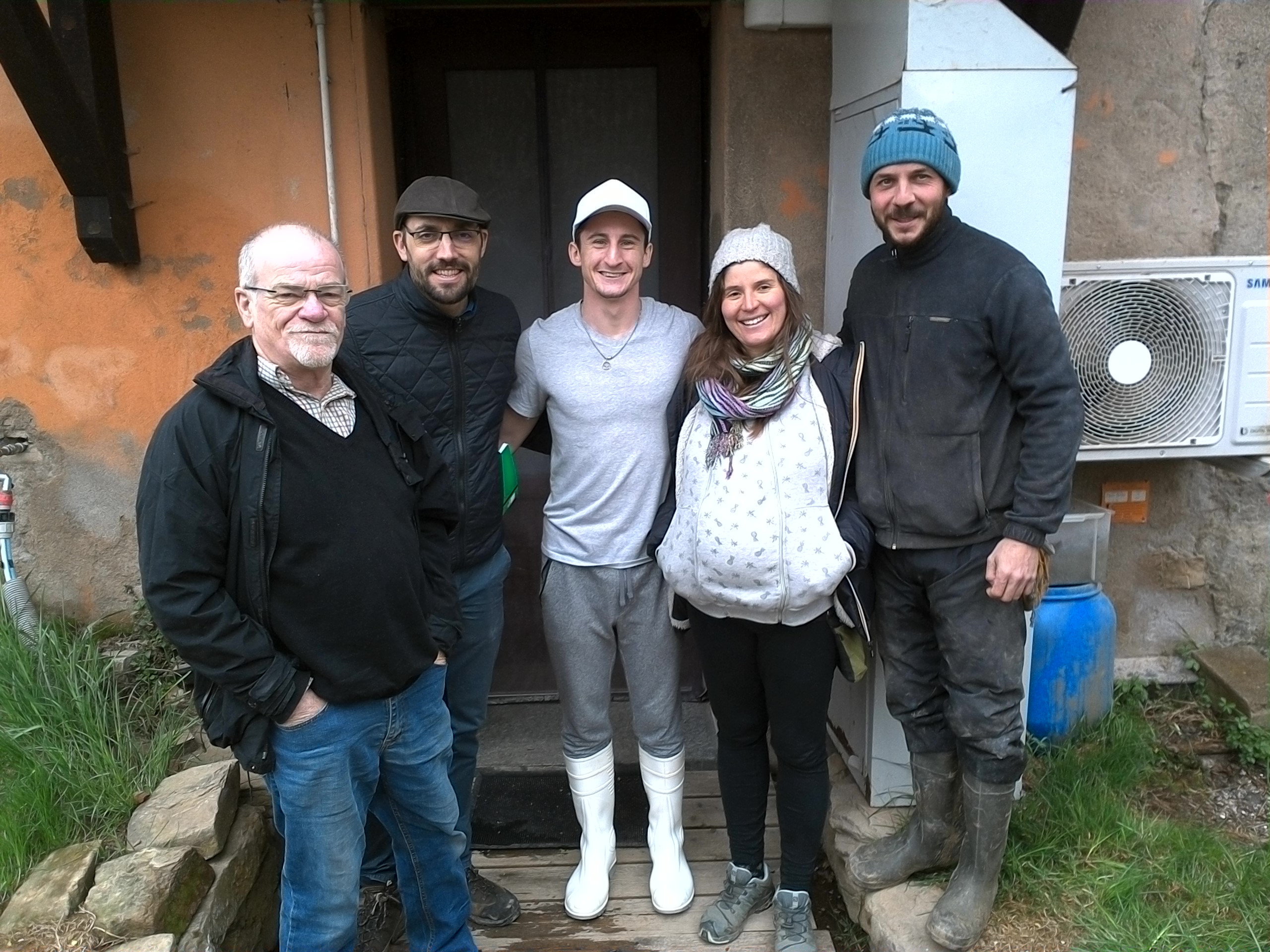
Episode nine, The Mediterranean Caravan Podcast!
The Mediterranean Caravan visits Martha from Cascina Bagaggera Our ninth episode of the Mediterranean Caravan Podcast is now live on Anchor and Spotify. Join us to discover the Cascina Bagaggera in Italy with Martha! Last Spring, the Mediterranean Caravan had the chance to travel through a training in Belgrade,
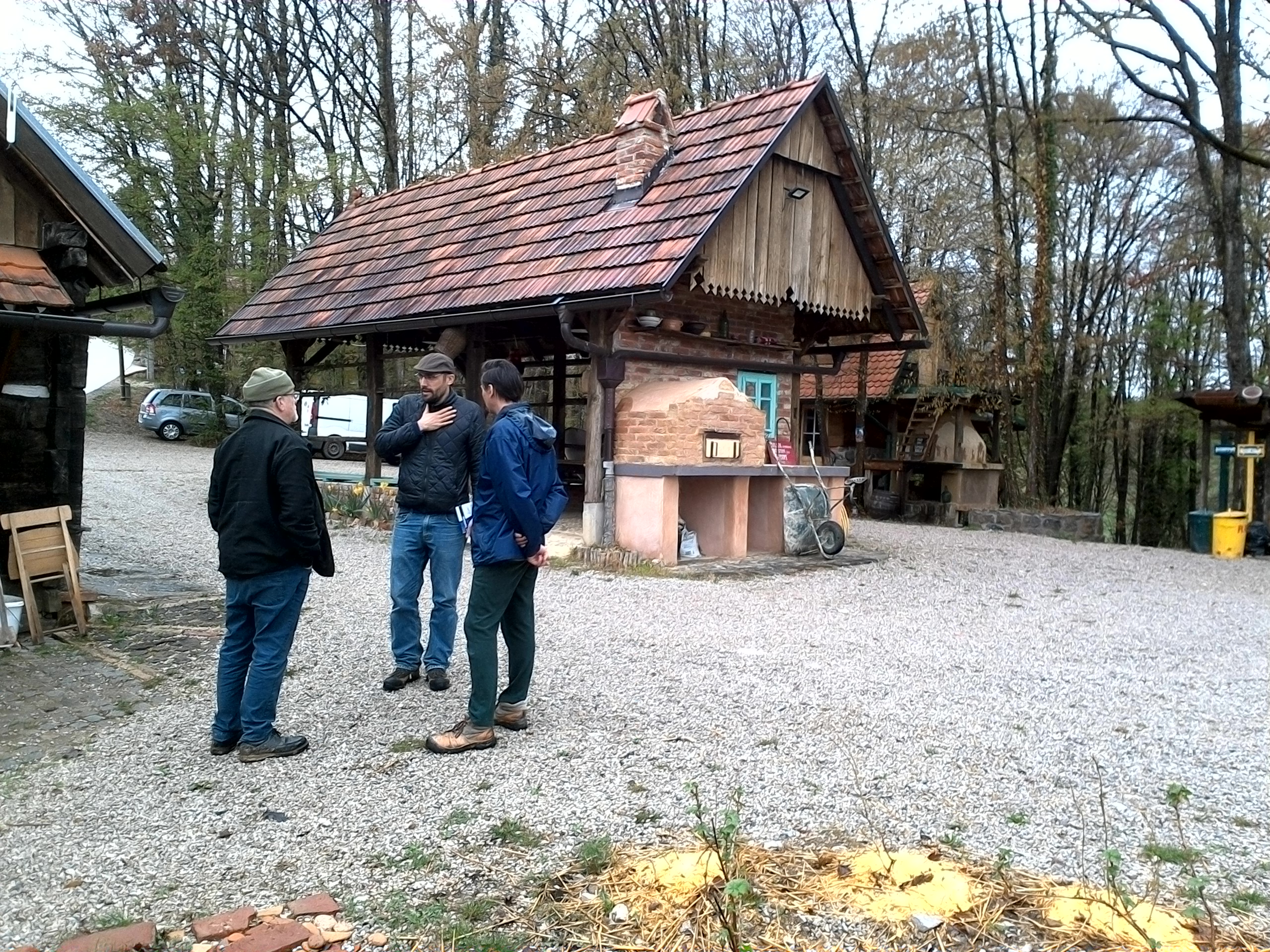
Episode Eight, The Mediterranean Caravan Podcast!
The Mediterranean Caravan visits Dražen and Alen’s eco-social community Our eighth episode of the Mediterranean Caravan Podcast is now live on Anchor and Spotify. Join us to discover the “Recycled Estate” in Croatia and meet Dražen and Alen! Last Spring, the Mediterranean Caravan had the chance to travel through

Episode Seven, The Mediterranean Caravan Podcast!
The Mediterranean Caravan visits Demijan’s regenerative garden Our seventh episode of the Mediterranean Caravan Podcast is now live on Anchor and Spotify. Join us as we visit the regenerative garden of Demijan! Last Spring, the Mediterranean Caravan was lucky to travel through a training in Belgrade, Serbia
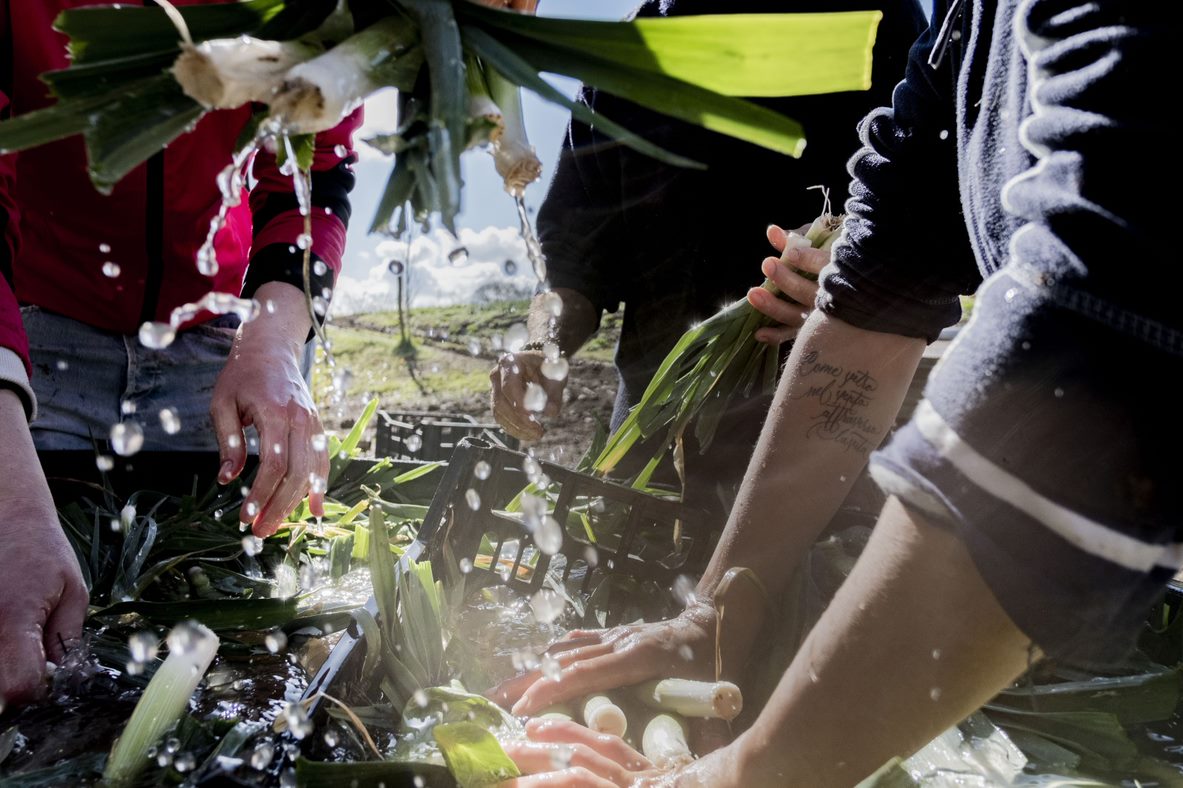
Survey for CSA Members !
Photo by Ilaria Turini CSA practitioners (both farmers and members) and researchers from 40 different countries have joined forces to launch the first worldwide survey on Community Supported Agriculture. The aim of the survey is to collect and analyse data which can then be used to support CSA stakeholders by :
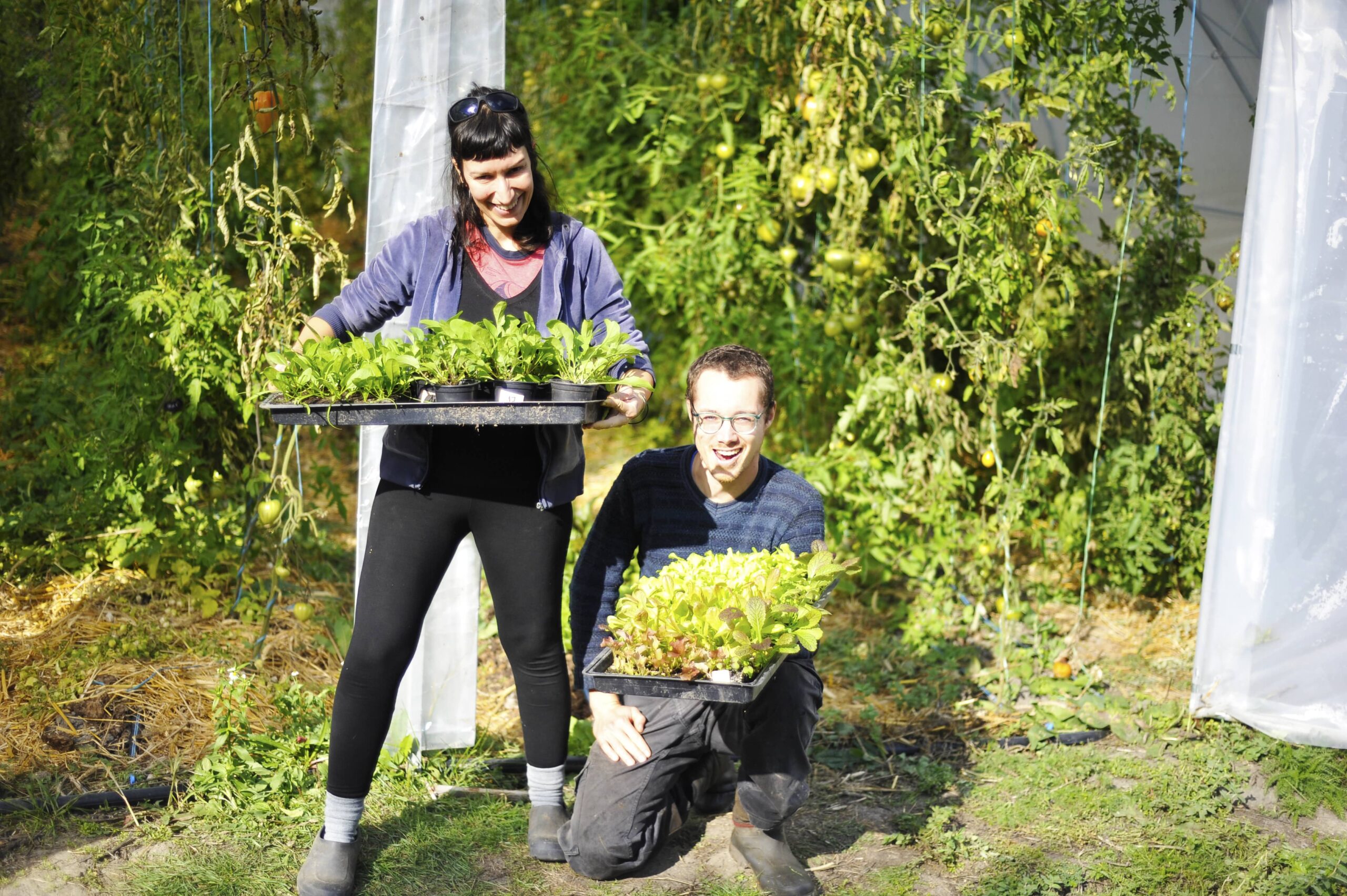
CSA Census
Photo by Alina Giurgiu Farmers, members and researchers from 40 different countries have joined forces to launch the first worldwide survey on Community Supported Agriculture. The aim of the survey is to collect and analyse data which can then be used to support the growing global CSA movement by: Producing global metrics on
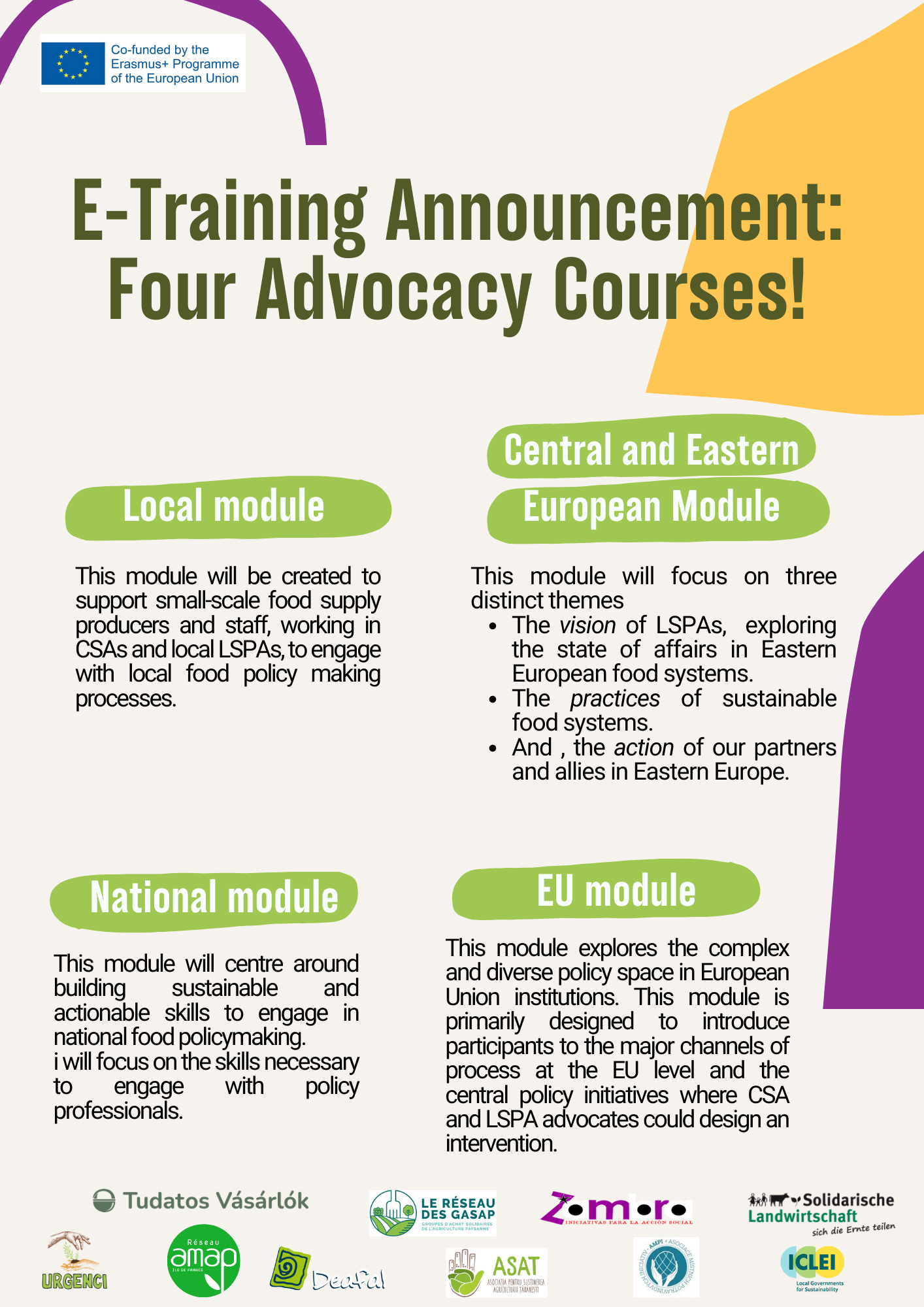
Advocacy courses coming up!
E-Training Announcement: Four Advocacy Courses this May! Announcing the SALSIFI Training Program To close out our celebration of #CSAWeek, we are excited to announce a series of e-training courses. This May, URGENCI, in partnership with AMPI, Deafal, ASAT, Gasap, TVE, SoLaWi and many others, will hold training designed to build
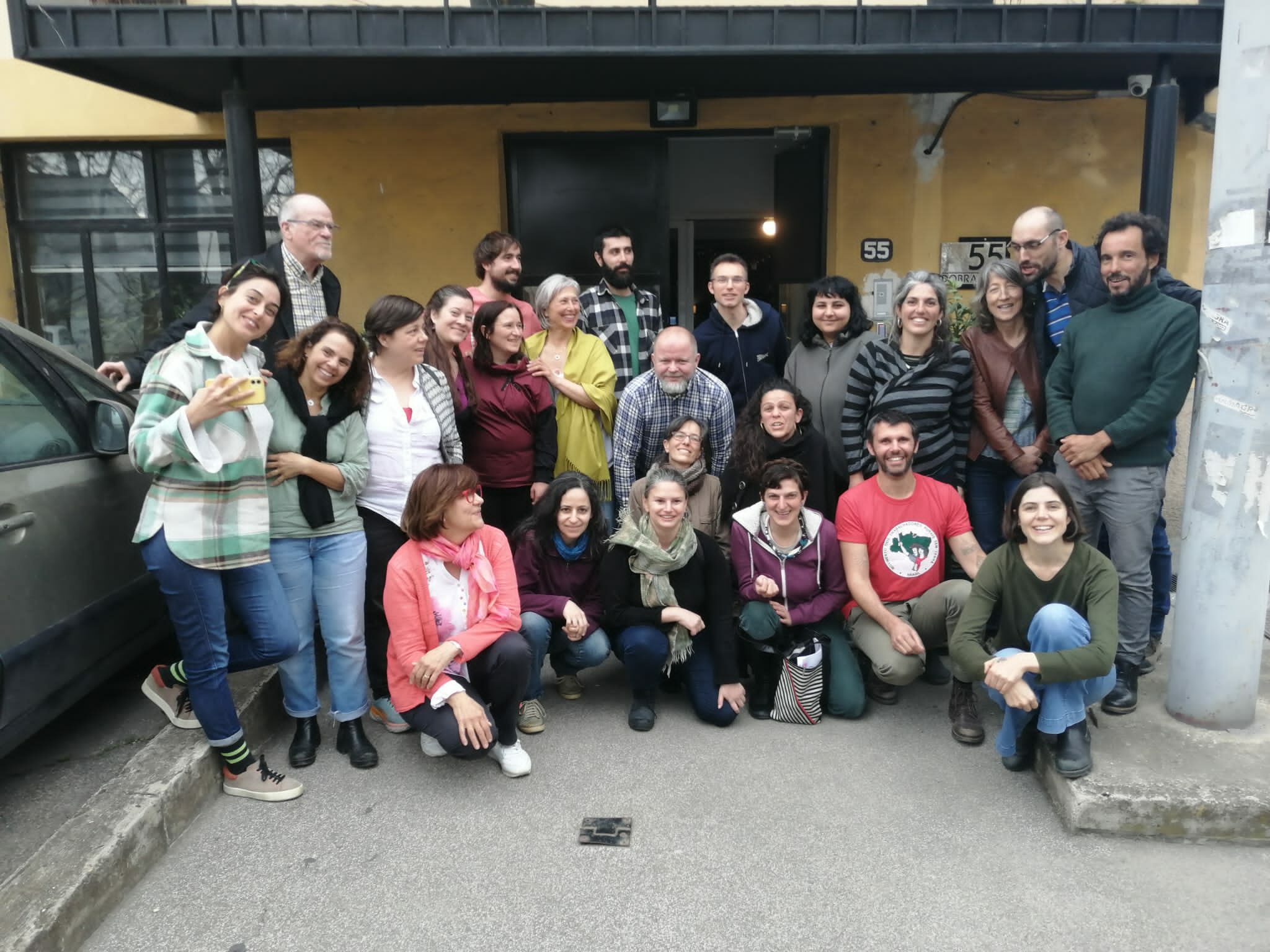
Episode Six, The Mediterranean Caravan Podcast!
Travelling on the Mediterranean Caravan Join us as we continue to celebrate #CSAWeek, and welcome back to the Mediterranean Caravan Podcast! Our sixth podcast in the series is now live on both Anchor and Spotify. Please join us on our journey through the Med! Last Spring, the Mediterannean Caravan was lucky
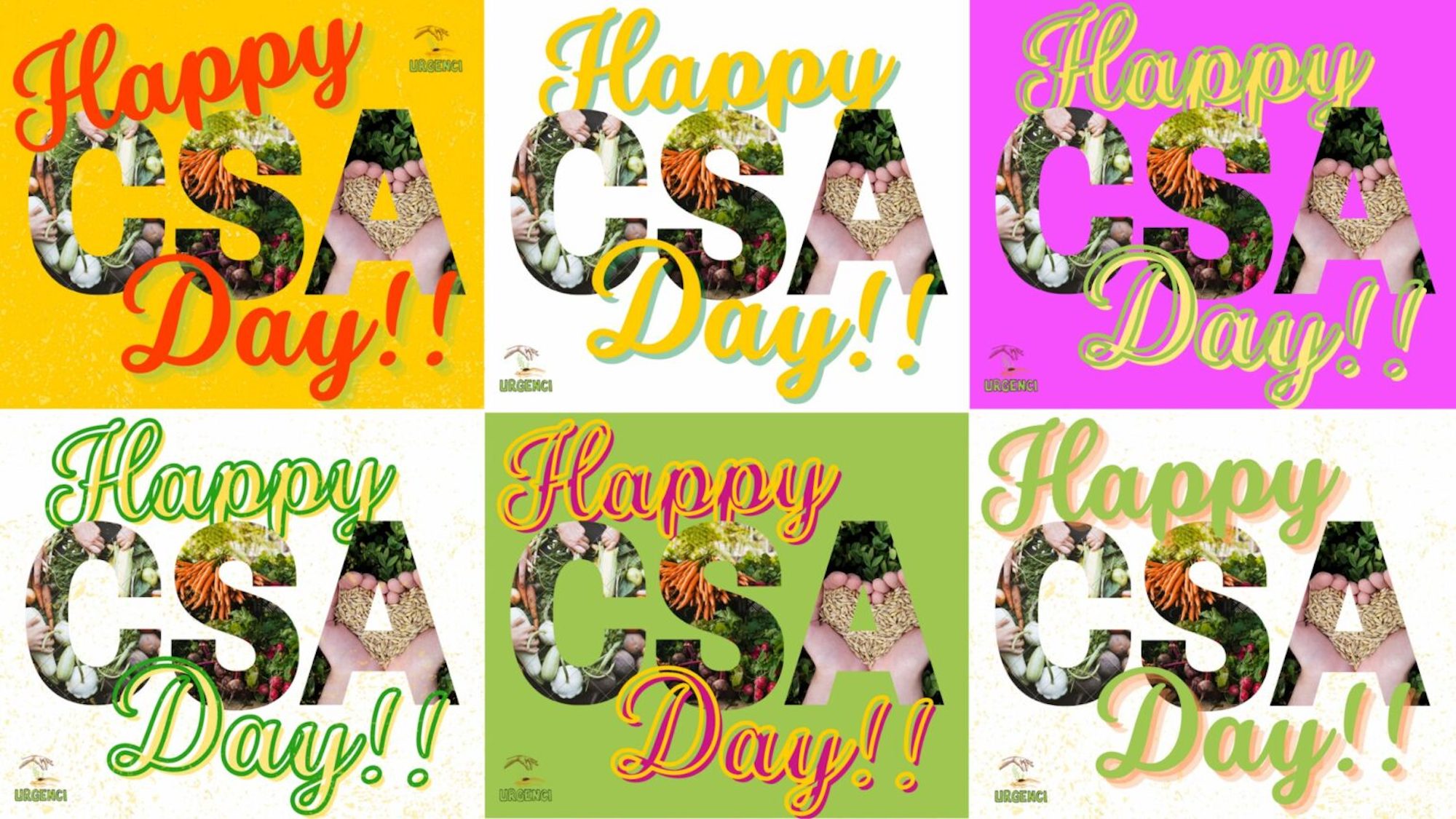
Happy International CSA Day!
Happy CSA Day! This year for International #CSADay, URGENCI has decided to celebrate during the entire week with a full promotion of celebratory activities and resources related to CSA and LSPA! Local Solidarity Partnerships for Agroecology (LSPA) amongst our networks are strong, healthy, and resilient. We want to take this
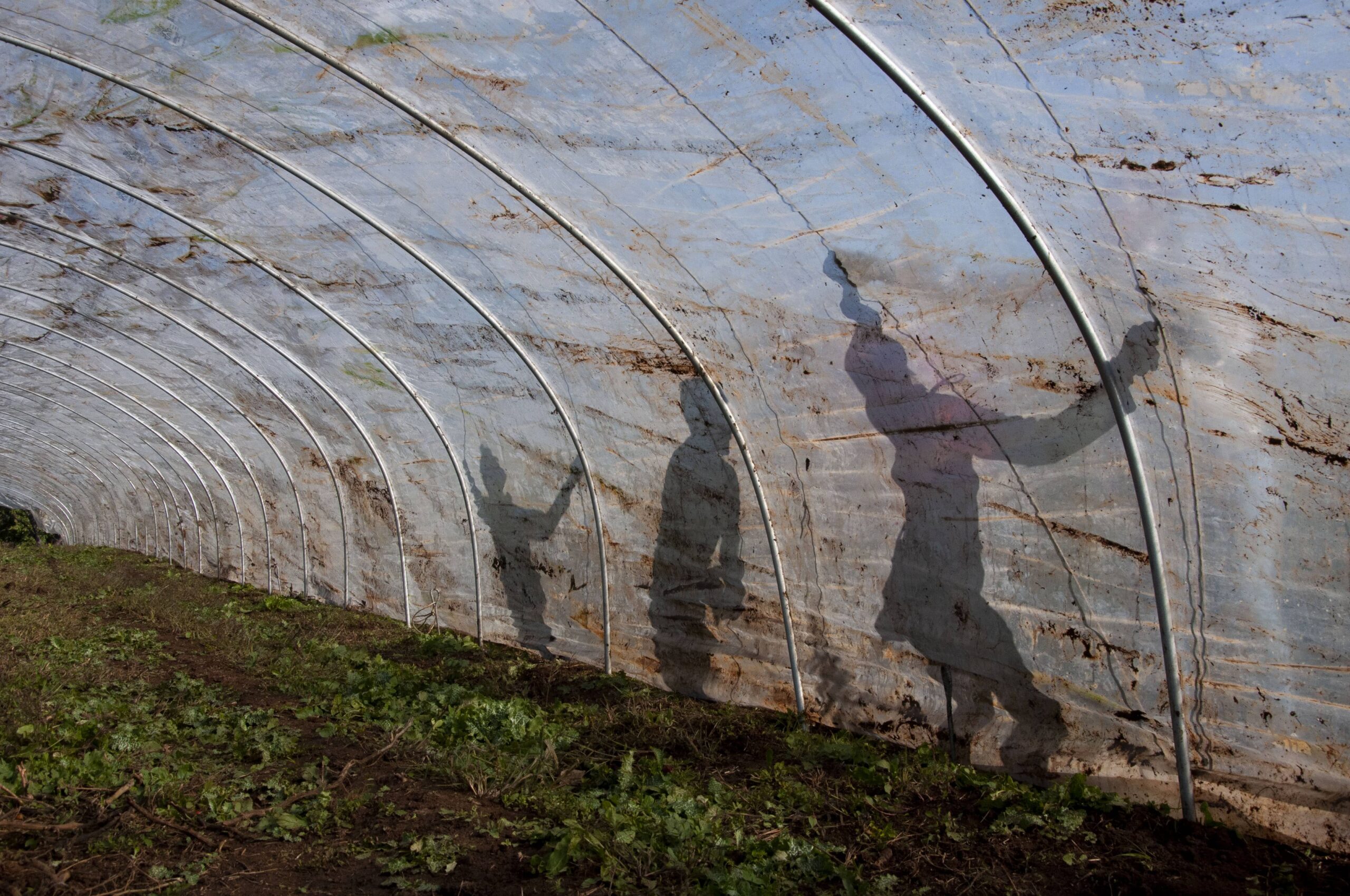
Renewal of contracts in Ile-de-France AMAPs: understanding an unprecedented situation, a reflection of a society in health crisis
Image by Luca Bellini For several months now, members of AMAP’s and farmers in AMAP have been noticing that it is more difficult than usual to reach the number of contracts necessary to guarantee the sustainability of the farms. In order to better understand the situation, the first step is
